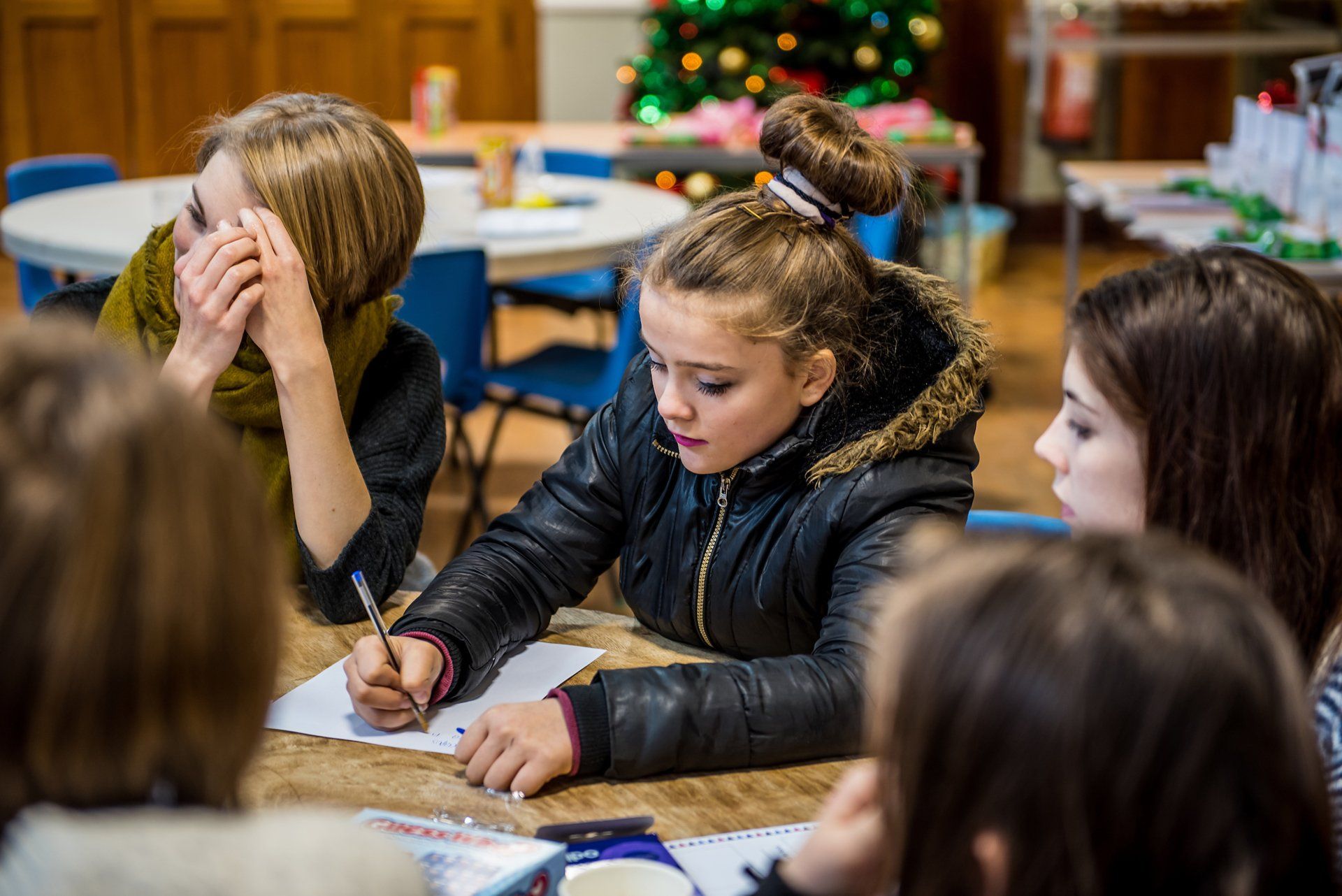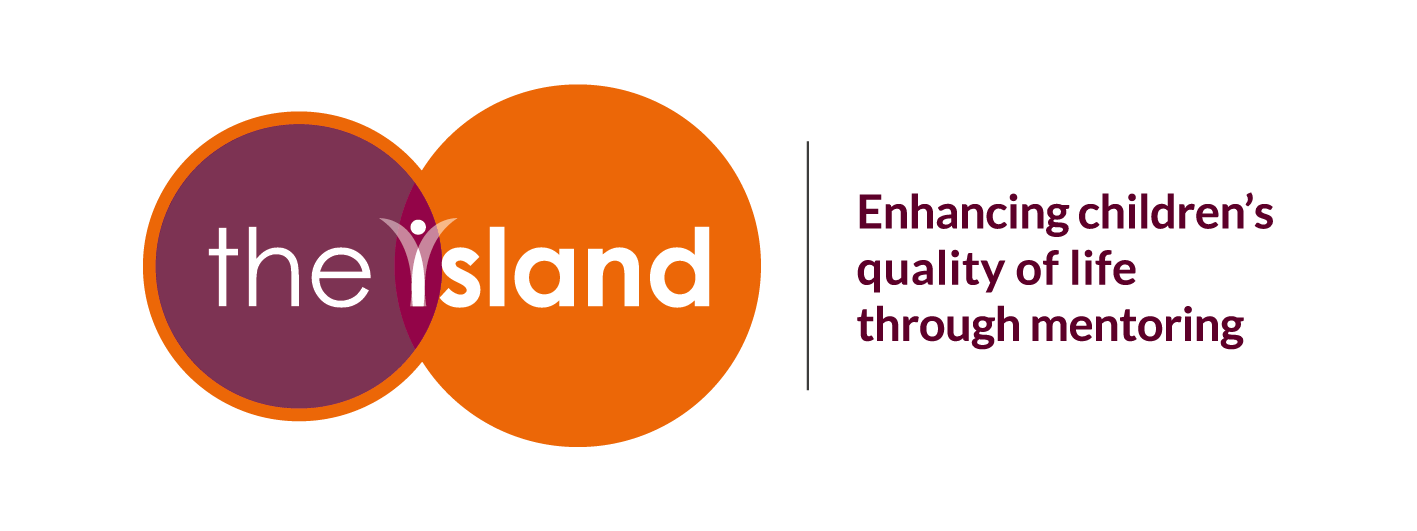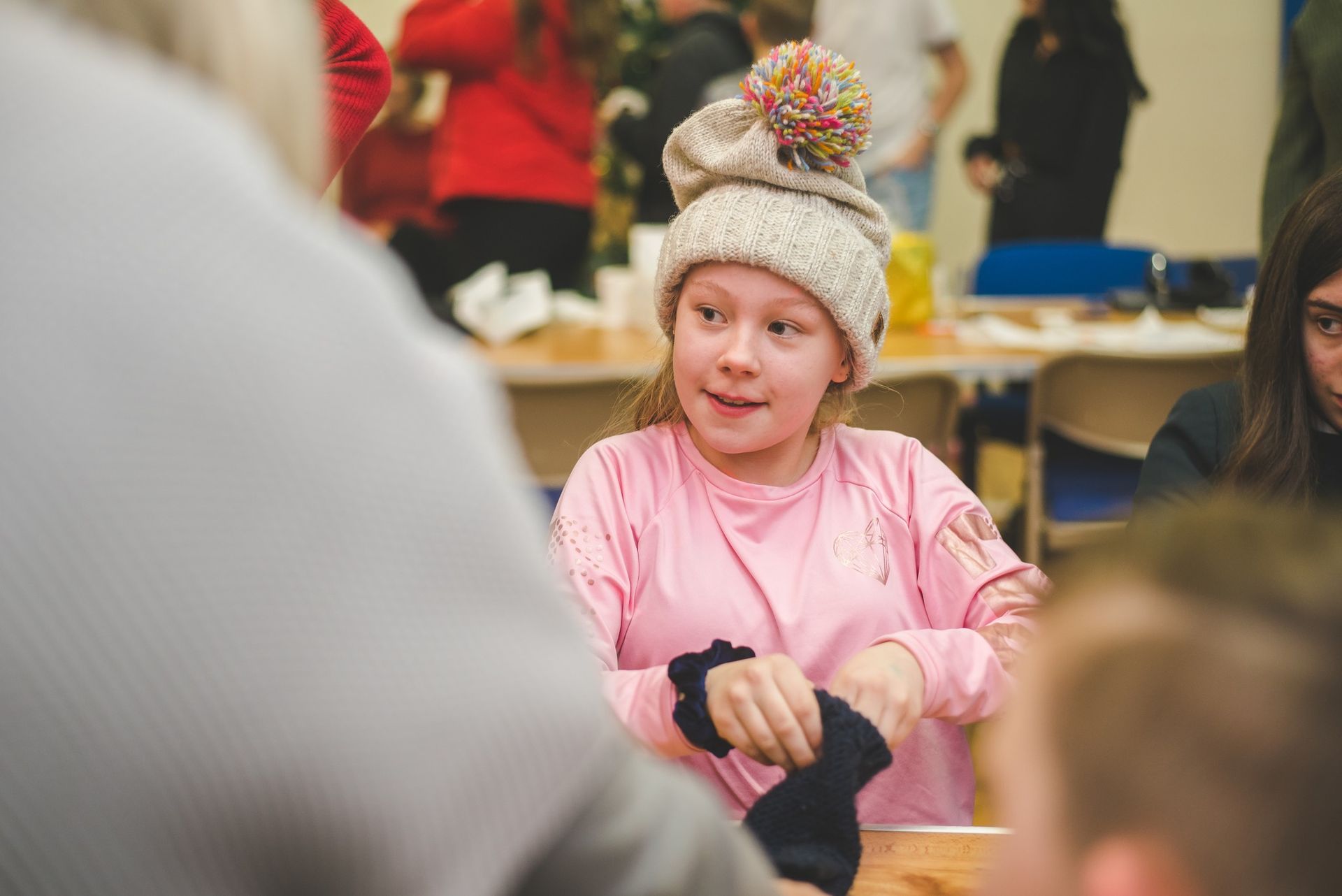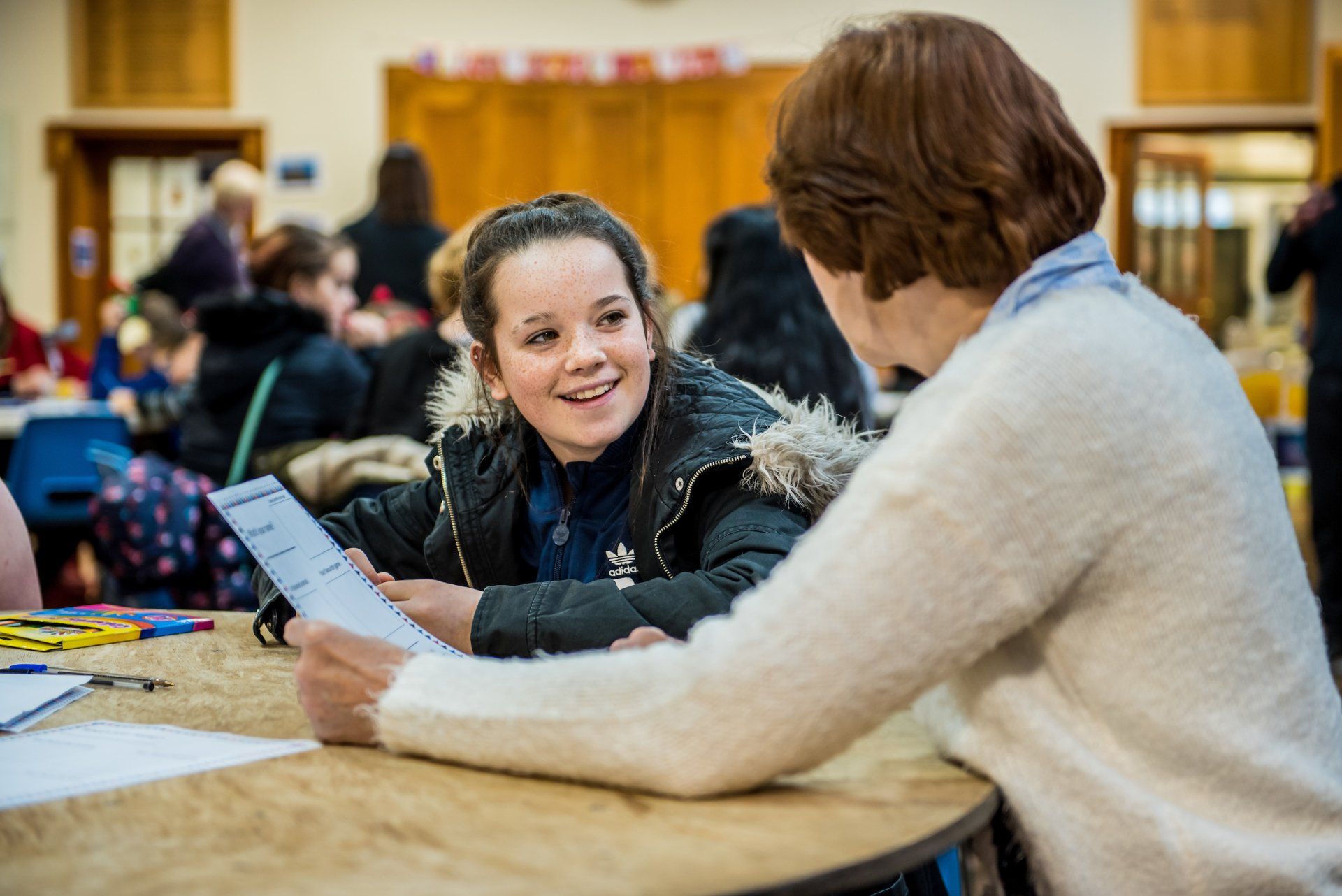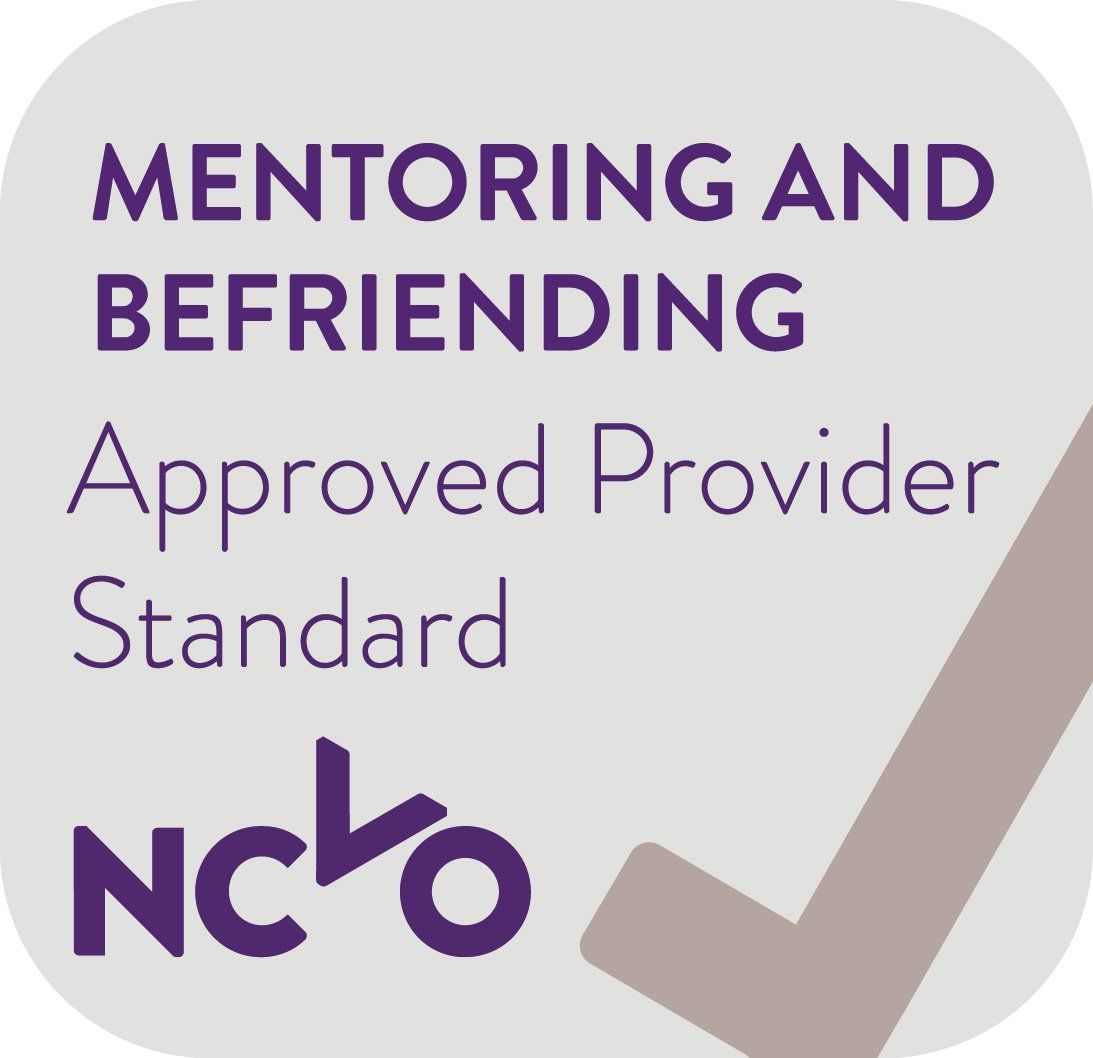Mentoring and Mental Health

Following on from our post earlier on this week , it is evident that the global pandemic has impacted on the mental health of people from all ages.
The Impact of COVID-19
We’ve received more referrals than ever since the first lockdown. It is clear that the effects of lockdown and changes to how we live has impacted on the wellbeing of young people. Many adults have also found the changes difficult to manage. One thing that can help for some is mentoring and it can be beneficial to both mentors and mentees.
For mentees, the benefits to mental health are perhaps more obvious. A young person who may have been struggling with their mental health can find talking to those people around them difficult for a number of reasons:
· They may feel they do not have anyone at home who they can talk to – with restrictions on socialising, it may be difficult to only talk to the
people you live with. It might be that there isn’t anyone at home that can help.
· They may feel embarrassed or anxious about sharing problems with someone or at home.
· They may not want to be a burden. Perhaps a family member is already struggling and they don’t want to add to that.
· They may feel sharing their problems at home will only make things worse.
How does mentoring benefit mental health?
Mentoring can help a young person by giving them a break from what can be a difficult home life. Each mentor is carefully paired with a mentee and aims to help foster self-esteem through building a positive and trusting relationship. As the mentor is given a small budget to provide activities, these can be tailored to support the mentee’s mental health and feed into any hobbies or interests they may have. This can help a young person develop new communication, social and life skills that can improves their future prospects.
Mentors can also benefit from mentoring a young person in a number of ways. Mentors often find supporting a mentee to be a rewarding experience that they can fit in around their day-to-day lives. It can boost self-confidence and allow the mentor to feel less isolated as they support someone else. Studies into work place mentoring such as one conducted by the Harvard Business Review have shown benefits for both the mentor and the mentee, with mentors experiencing lower levels of anxiety than their non-mentoring colleagues do. Mentors in the study stated they found the interactions to be therapeutic and were clearly beneficial to both parties. Helping others also boosts positive chemicals in the brain such as oxytocin, which impact on the production of other “happy chemicals” such as serotonin and dopamine.
However you look at it, it seems that mentoring has a positive impact on all parties involved: the mentee, the mentor and society as a whole. Mentoring can help young people whose lives can be very difficult to turn their prospects around, re-engage with education and live happier lives.
We are currently closed for referrals; however, we’re still looking for more Volunteer Mentors who can each support a child in need. To find out more, click here.
Follow us on social media
Why not follow us on our social media channels - Facebook, Twitter, Instagram, LinkedIn and TikTok to keep up to date with our charity work in York - providing Islands of space and time for vulnerable children and young people; by building confidence, self-esteem and unlocking potential through positive mentoring relationships and unique programmes.



